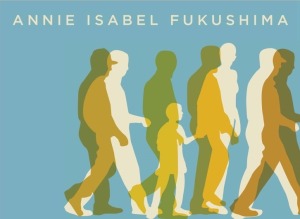Download the full White Paper:
The purpose of this study is to better understand how the welfare system is currently identifying children (under 18-years-old) who experience being labor trafficked for commercial labor – work beyond sexual economies. This study is a survey of individuals working in California, where 186 participants were invited to respond to a questionnaire between September 23, 2019 and November 30, 2019. The majority of those who responded to the survey worked in the child welfare system. This study reveals, child welfare workers, probation officers / juvenile justice system workers, and non-governmental organizations are working with children who have been labor trafficked. What was discovered after conducting a survey: 25% of the participants confirmed working with children who were labor trafficked, 25% did not know if they had worked with children who were labor trafficked, and 50% were providing services to or supporting children who work for pay. Children were informally identified as working in a range of industries including agriculture / farm work, construction, forced commercial sexual economies, forced drug sales, forced human smuggling, forced theft/stealing, housekeeping/domestic work, janitorial, massage parlor/massage, nail/hair salon, pan handling/begging, restaurant work, retail, and other. Based on these preliminary findings, this study recommends the following next steps:
- There is an immediate need to develop protocols and train child welfare workers on child labor trafficking, similarly to how such professionals are being trained on child sex trafficking.
- There is a need to deepen an understanding of child welfare and juvenile justice system’s responses to child labor and sex trafficking through research; in particular on evidence-based research that may determine promising practices for prevention and early identification of all forms of human trafficking affecting children.
- It is recommended that California State Agencies and local organizations broaden their awareness raising efforts to encompass education on children’s experience with work and the continuum of labor violations and trafficking.
- Prevention of child labor trafficking is much needed, therefore, more data on children who experience labor exploitation on the continuum of labor violation and trafficking is needed. Statewide data collection systems have been designed to capture prevalence of child sexual exploitation, however, less understood is the range of labor violations, recruitment and industries children may be experiencing commercial exploitation.

